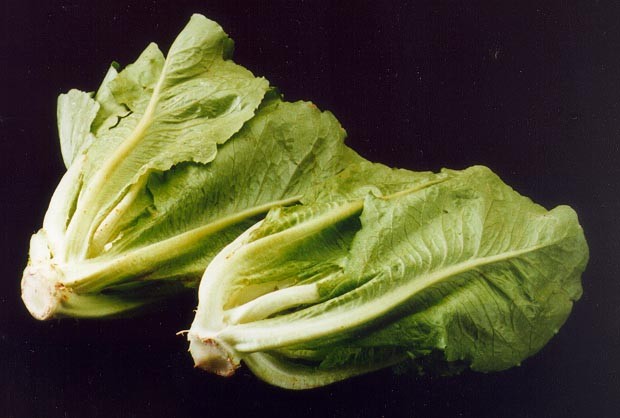Concord, NH – The Centers for Disease Control and Prevention is warning people to avoid eating romaine lettuce amid an outbreak of a dangerous strain of E. coli bacteria that has sickened 32 people in 11 states and 18 people in Canada.
To date, two people in New Hampshire have been identified by the New Hampshire Department of Health and Human Services, Division of Public Health Services as being linked to a multistate outbreak of E. coli O157:H7.
Information gathered from ill people indicates that the likely source of the outbreak to be romaine lettuce. A specific source of the romaine lettuce has yet to be identified. The CDC is recommending that consumers throw out any romaine lettuce in their homes, even if partially eaten, and avoid eating romaine at restaurants.
This advice includes all types or uses of romaine lettuce, such as whole heads of romaine, hearts of romaine, and bags and boxes of precut lettuce and salad mixes that contain romaine, including baby romaine, spring mix, and Caesar salad. People should also wash and sanitize drawers or shelves in refrigerators where romaine was stored. Restaurants and retailers should not serve or sell any romaine lettuce, including salads and salad mixes containing romaine.
“E. coli O157 bacteria can cause serious illness if consumed, and unfortunately two individuals in NH have been affected by this national outbreak. Until we know more information, we recommend people avoid eating romaine lettuce in any form,” said NH State Epidemiologist, Dr. Benjamin Chan. “Contaminated foods may not look, smell, or taste different so there is no way to tell if food is contaminated. We will continue to work with the CDC to identify and investigate any individuals who develop an illness associated with this outbreak.”
Although most strains of E. coli are harmless, others can cause illness. E. coli O157:H7 is a potentially deadly bacterium that can cause bloody diarrhea and dehydration. Seniors, the very young, and people with compromised immune systems are the most susceptible to foodborne illnesses. Any consumers concerned about an illness should contact their healthcare provider. Anyone in New Hampshire diagnosed as having an illness related to E. coli O157:H7 is also urged to contact DHHS Division of Public Health Services at 603-271-4496.
The DHHS Division of Public Health Services continues to follow this outbreak closely in coordination with state and local public health partners, the CDC, and the Food and Drug Administration. This investigation will continue with laboratory surveillance and interviews with people who become ill about foods they ate before they became ill. Investigation updates will be provided as they become available. For further information visit the CDC website at https://www.cdc.gov/ecoli/2018/o157h7-11-18/index.html.





